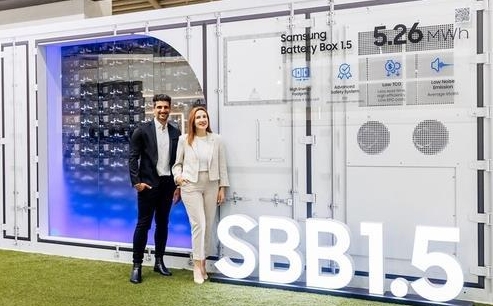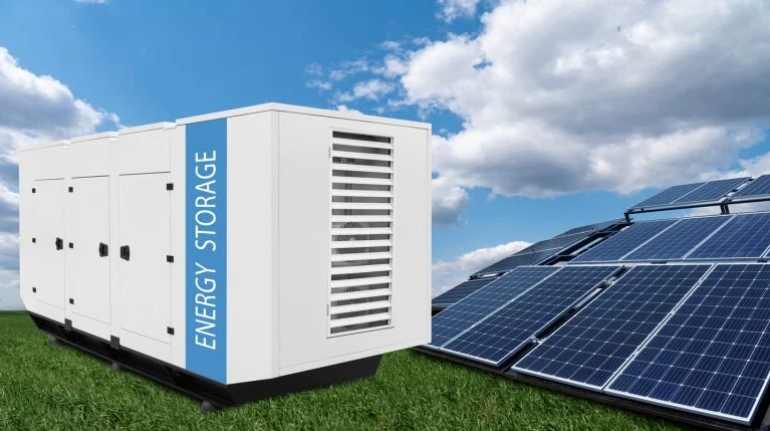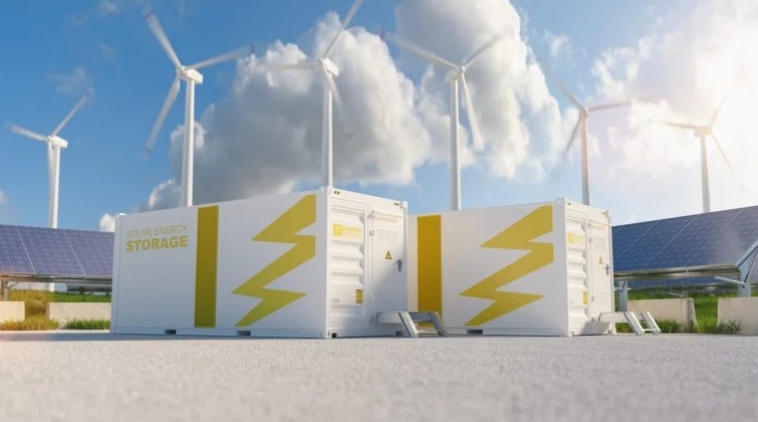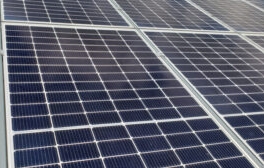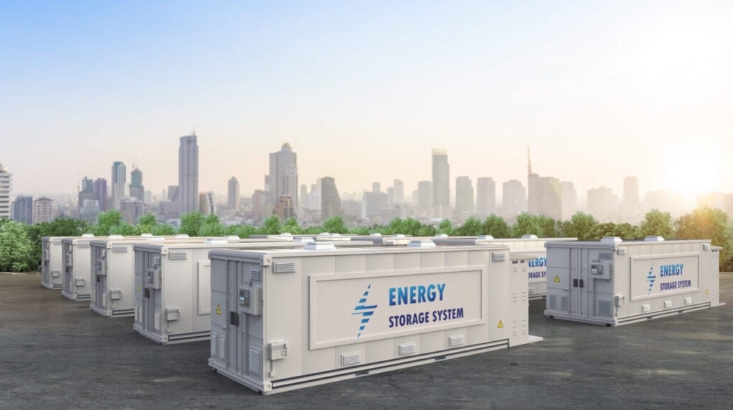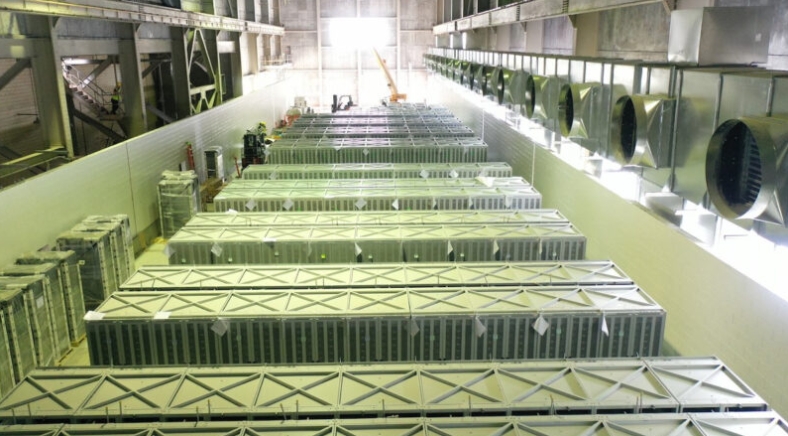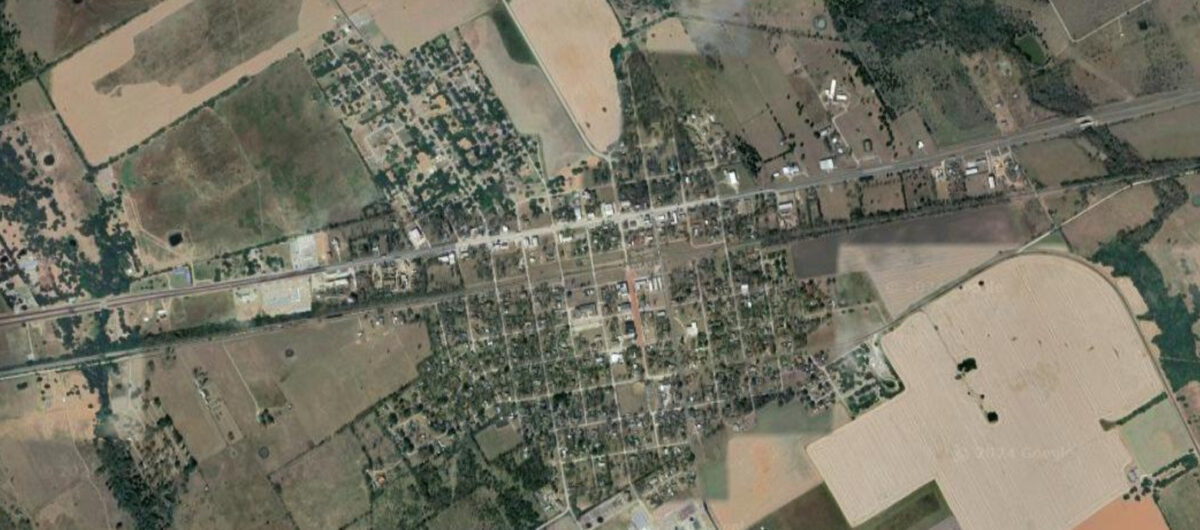
California utility PG&E is developing a long-duration energy storage microgrid combining batteries and green hydrogen, in partnership with Energy Vault, the company known for its gravity-based solution.
The two companies are partnering to deploy and operate what they called a utility-scale battery plus green hydrogen long-duration energy storage system or ‘BH-ESS’.
It will have a minimum of 293MWh of dispatchable energy and will power the downtown (central) and surrounding area of the city of Calistoga including critical facilities such as fire and police stations. The city is located in Napa Valley, California.
The system is designed to provide 48 hours of duration during planned outages and Public Safety Power Shutoffs (PSPSs), which grid operator CAISO uses when wildfire risks force it to turn powerlines off.
This will enable the city to move away from using diesel generators, the typical solution used during grid outages. The system will have grid forming and black start capabilities.
Construction is expected to start in the fourth quarter of 2023 with commercial operation by the end of the second quarter of 2024. Energy Vault said it will be the first of its kind and the largest utility-scale green hydrogen project in the United States.
The project was submitted to the California Public Utilities Commission (CPUC) for review and approval just before the turn of the year, and a final resolution has been asked for by 15 May 2023.
Energy Vault will own, operate and maintain the energy storage system and provide dispatchable power to PG&E, one of three investor-owned utilities in the state, under a 10.5-year rolling agreement. The system may be expanded to 700MWh in future.
The Switzerland-based firm, which listed on the New York Stock Exchange last year, will use its proprietary Energy Management System (EMS) to control the system’s dispatch including the battery system, hydrogen tanks and fuel cells while PG&E will use and upgrade its existing distribution infrastructure to accommodate the project.
Energy Vault described the services it will provide as “Distributed Generation-Enabled Microgrid Services”. It said this “…involves using grid-forming generation and storage resources, potentially in combination with demand-side resources, to provide energy, fault current contribution and to regulate voltage and frequency within the utility’s established parameters to enable the islanding of the Calistoga microgrid during planned outages.”
Robert Piconi, chairman and chief executive officer, Energy Vault commented: “We are setting a new benchmark for what can be achieved with an innovative design that integrates the most advanced energy storage mediums in order to deliver a fully renewable green hydrogen battery energy storage system.”
He later added: “Our engineers designed this innovative hybrid energy storage system leveraging Energy Vault’s technology-neutral integration platform and energy management software. This project represents another key customer validation of our strategy and our unmatched, industry-leading ability to bring the most innovative short, long and ultra-long duration energy storage technologies to our customers with proprietary gravity, green hydrogen and hybrid battery solutions as we deliver on our mission of enabling a renewable world.”
The company is known for its gravity-based energy storage solution but has been expanding into conventional battery energy storage systems for some time now, through its Energy Vault Solutions (EVS) segment. Its latest announced battery storage deal was one in Nevada for NV Energy.
Then in November it added green hydrogen to its portfolio of solutions whilst continuing to build projects using its gravity-based technology in China and Texas, the latter for Enel Green Power, a partnership first announced in mid-2021.
